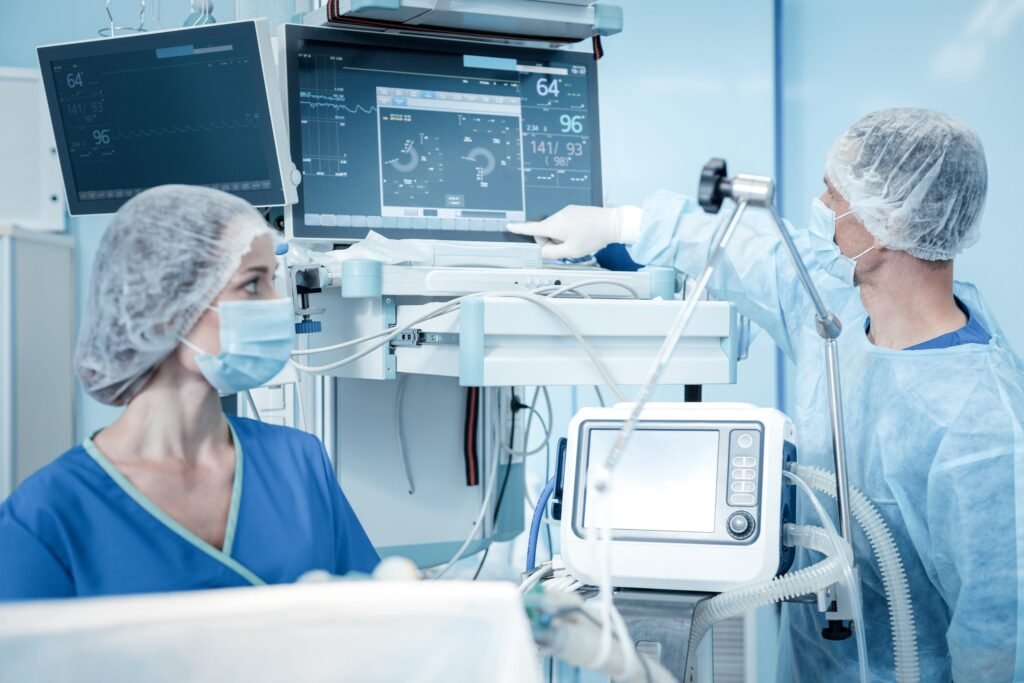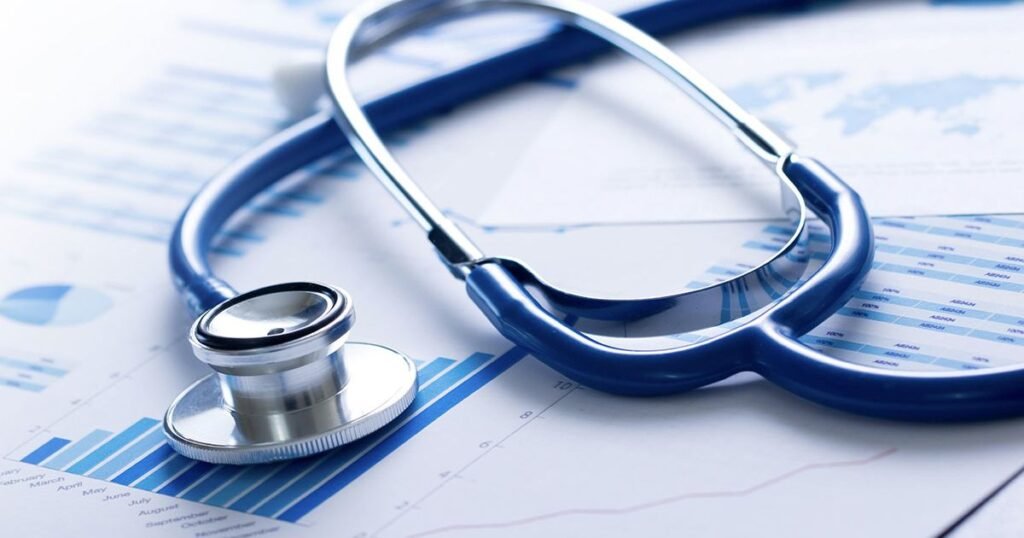Overview
The biosimilar industry is at a pivotal moment in 2024, influenced by a confluence of economic, competitive, legislative, and societal factors. Cardinal Health’s 2024 Biosimilars Report offers a comprehensive analysis of these elements, highlighting the transformative potential of biosimilars within the healthcare ecosystem.

Economic and Legislative Landscape
Biosimilars are expected to deliver substantial cost savings to the U.S. healthcare system. Fran Gregory, PharmD, MBA, Vice President of Emerging Therapies at Cardinal Health, underscores the importance of these savings for the sustainability of the healthcare system. The report forecasts that biosimilars could generate savings exceeding $181 billion by 2027. This projection highlights the need to maximize these savings and foster the ongoing development and adoption of biosimilars.
Trust in the FDA’s approval process is a crucial component of the biosimilar narrative. By the end of 2023, the FDA had approved 46 biosimilars, including notable products like those for adalimumab (Humira; AbbVie). However, the issue of interchangeability remains a point of contention. For pharmacists to substitute biosimilars without consulting prescribers, the FDA mandates an interchangeability designation, which involves costly switching studies. This requirement has drawn Congressional attention, with discussions on potentially expanding the process due to its implications.
Adalimumab: A Focus on Savings and Access
The advent of adalimumab biosimilars marks a significant development, representing one of the most notable launches in pharmacy benefits to date. This progress has the potential to drive competition among pharmacy benefit managers, lower costs, and enhance patient access. Nonetheless, certain challenges persist. Notably, three indications for adalimumab are still exclusive due to orphan drug designation, impacting conditions such as moderate to severe hidradenitis suppurativa for Hurley stages 2 and 3, and for patients aged 12 and older.
The report indicates that these exclusive indications account for less than 5% of drug utilization, suggesting that the impact of exclusivity expiration may be minimal.

Nevertheless, the broader implications for cost savings and patient access are significant, signaling a positive shift for the biosimilars sector.

Retina Specialists and Biosimilars
The impact of biosimilars extends to the retina specialty area as well. Insights from a survey of retinal specialists reveal a strong familiarity with and favorable view of biosimilars. According to the report, 61% of retina specialists believe that biosimilars are improving patient care, and 75% view them as enhancing the sustainability of the healthcare system. However, there is a noticeable gap in utilization, with only about 60% of specialists having prescribed biosimilars for retinal conditions.
Clinical data remains a primary factor in decision-making for these specialists, followed by real-world evidence and payer coverage considerations. This highlights the ongoing need for education and evidence-based advocacy to bridge the gap between awareness and utilization.
Future Prospects and Challenges
The biosimilar pipeline is robust, with several notable approvals in 2024, including tocilizumab-aazg (Tyenne; Fresenius Kabi) and denosumab-bbdz (Wyost and Jubbonti; Sandoz). The report anticipates that at least ten additional molecules will face competition from biosimilars over the next four years, with projected savings of approximately $180 billion.
Cost savings and improved accessibility remain central themes in the report. Biosimilars have the potential to alleviate financial toxicity by lowering out-of-pocket costs for patients, a crucial factor in medication adherence. Pharmacists are integral to this landscape, leading biosimilar education and playing a key role in maintaining a sustainable healthcare system.

Conclusion: Embracing the Biosimilar Future
As we advance through 2024, the biosimilar industry is at a critical juncture. The anticipated benefits of significant cost savings, enhanced patient access, and improved sustainability position biosimilars as a transformative force in healthcare. However, ongoing challenges, including issues related to interchangeability, legislative hurdles, and the need for continued education and trust in the FDA’s processes, must be addressed to fully realize the potential of biosimilars.



